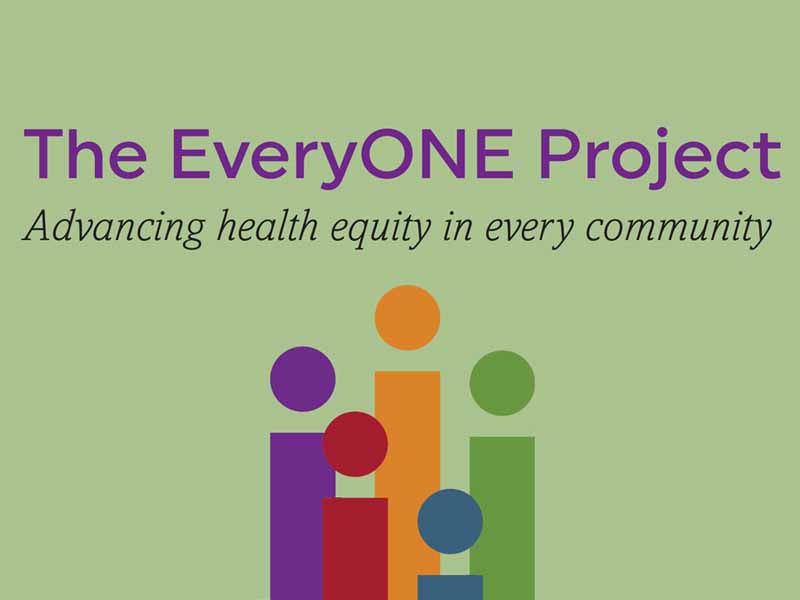The EveryONE Project Unveils Social Determinants of Health Tools
January 09, 2018, 04:03 pm Chris Crawford — To help patients achieve optimal health outcomes, family physicians need to identify and address their social determinants of health (SDOH) -- the conditions under which people are born, grow, live, work and age.

To support this effort, the AAFP has launched the first offering from its initiative The EveryONE Project -- an initial screening toolkit to help physicians recognize and respond to various social factors that impact their patients' health.
The screening toolkit includes a description of a team-based approach to screening for SDOH, screening questions to determine patients' social needs (forms for both physicians and patients are provided), and supporting resources and tools to help family physicians plan next steps to address deficiencies.
The included screening questions have been tested, validated and purposefully assembled to reveal the health hurdles that patients are facing.
Danielle Jones, M.P.H., manager of the AAFP's Center for Diversity and Health Equity (CDHE), which operates The EveryONE Project, told AAFP News that each member can also use the screening toolkit "to learn more about the population-level risk to his or her community, with additional information on strategies others have found successful in addressing the social determinants."
The resource is designed to be used by family physicians at any stage of practice who are interested in incorporating a SDOH perspective into their workflow, she said.
Story Highlights
"For those less experienced, it provides a broad overview of the effect of SDOH on health with a quick guide on how to incorporate their practice team and capture some of the most common screening domains," Jones said.
Importance of SDOH Screening
The screening toolkit was created in response to a resolution submitted to the AAFP's 2016 Congress of Delegates that asked the Academy to "develop a social determinants toolkit which includes education and resources to assist with assessing and addressing social determinants of health for our patients."
"However, during the toolkit's development, we realized that as the importance of the issue continues to grow and the practice of SDOH screening becomes more common, there will be additional demands on the AAFP to go further than just providing a screening toolkit as a patient-level intervention," Jones said.
As for evidence supporting SDOH screening, Jones said current evidence focuses primarily on the process and feasibility of integrating these types of interventions into practice.
"For example, how long does it take? How many patients are screened or referred? Are the referred resources accessed and followed up on at the next visit?" she said. "As more primary care providers begin to incorporate this practice and it becomes standardized, the evidence supporting its effect on health outcomes and/or health care utilization will also emerge."
Up Next
In 2018, the AAFP plans to expand on this first project with additional resources that family physicians can use to broaden their reach in affecting SDOH upstream by using community engagement and local advocacy initiatives.
The next step for The EveryONE Project will be the release of its community-level SDOH toolkit, which is expected to launch in March. This resource will include tools to determine whether a practice is ready to begin intervening after assessing SDOH needs, as well as how to assess community needs to best deliver the correct referral resources.
The community-level SDOH toolkit also will include strategies for developing partnerships with local social and behavioral health resources to support a screening and referral process.
Finally, said Jones, "You can also look to the CDHE to begin communicating its work more broadly, not just across the family medicine specialty, but also with other industries and sectors to develop high-impact collaborative partnerships aimed at advancing health equity."